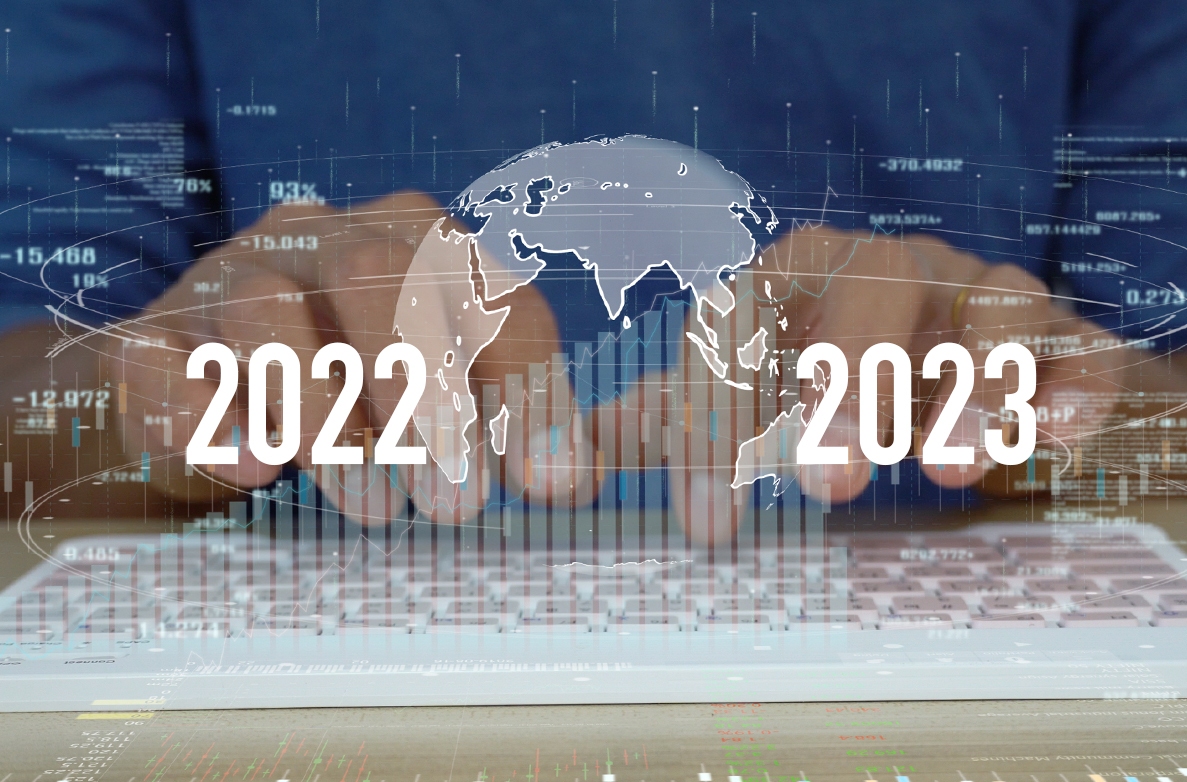AI, Latest Update 2 years ago
AI: The Good, The Bad, and The Implications in Cybersecurity
What impact will AI (Artificial Intelligence) chatbots have on the digital landscape and beyond, especially with regards to cybersecurity? And are we prepared for it?

For many, perhaps even well-deserved reasons, the world cannot stop talking about Artificial Intelligence and ChatGPT. Chief among them being the fact that they have forever changed the course of human evolution. Pages and pages of articles, blogs, interviews, talks and op-eds have been written and spoken about AI, ChatGPT and other similar platforms. Many of which were undoubtedly made by or with the assistance of AI. But despite it all, certain questions prevail: What is the long-term goal here? What shape, form or character will AI and AI-enabled chatbots take in the coming days? What impact will AI chatbots have on the digital landscape and our interactions both in it and beyond, especially with regards to cybersecurity? And are we prepared for it?
The Good: AI will further aid the cybersecurity industry
ChatGPT and the other AI-enabled chatbots that are slowly overtaking cyberspace allow users to comb through the whole of the Internet with just a few choice words and they present results in a well-edited, concise, to the point manner that are easy to assimilate and use. They are now being used to write codes, identify knowledge gaps, and even prepare messages. This implies that cybersecurity experts can now rapidly and easily access information, search for solutions, generate ideas, and take action to detect and defend against attacks more swiftly.
Theoretically, ChatGPT and other AI models can even address the cybersecurity skill shortage. They come equipped to make security experts considerably more productive, to the point when using AI, one person will be able to produce the same results as an entire team or a group of people – creating prospects for junior personnel to take on challenging responsibilities and allowing experts a reprieve from menial, data-driven tasks, and the opportunity to focus their attention on previously unexplored initiatives that can add value to the business.
The Bad: The benefits are equitable – even to cybercriminals
Unfortunately, just like cybersecurity specialists and companies, cybercriminals too can profit from Artificial Intelligence. The news is already flooded with stories of scammers and other bad actors using AI-enabled chatbots to facilitate crime, assist in coding when developing malware and even to write convincing phishing e-mails. ChatGPT has already proved itself with its uncanny ability to imitate human writing styles and preferences. This makes it a powerful phishing and social engineering tool.
Essentially, with AI in the cybersecurity scene, the same technology is being used to both attack and defend. This of course is bound to eventually lower the entry barrier for cyberattacks and threats to businesses and organisations – much like a vaccine that is no longer effective.
The Implications: Brace yourself!
Regardless of whether we need it or whether we asked for it, ChatGPT and other AI-enabled next generation language models are here to stay. While their ethics are still being debated and questioned, there is no denying that AI-enabled chatbots have already seeped into everyday life and vocabulary and are not going away anytime soon. As we write this, there are developers around the world looking into integrating the technology to aid multiple processes, across industries; and cybersecurity is integral to every single one – Legal and Justice Tech included.
As AI levels the playing field for both security experts and cyber criminals, it is imperative that we be ready for it. It will be easier to use this new era of AI to propel organisation to new heights if one is aware of the opportunities and problems presented by this innovative technology and then implement a comprehensive strategy. ‘CONSTANT VIGILANCE!,’ as Mad-Eye Moody famously said, could just be the key to riding this AI sweep.



